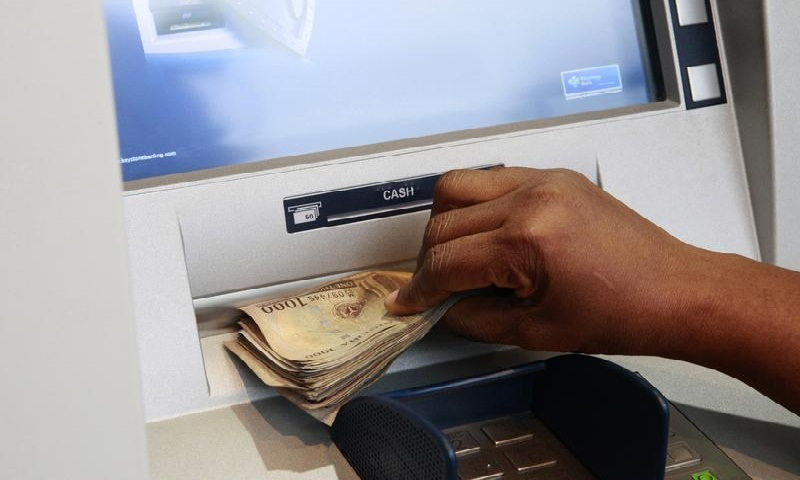On June 27, 1967, the first automated teller machine (ATM) in the world was commissioned in the United Kingdom. By its 50th year anniversary, which was celebrated two days ago, the ATM has been replicated about 3 million times around the world.
Since its 1989 debut in Nigeria, ATM penetration has grown, although obviously nowhere near where it should be. According to the Nigeria Interbank Systems (NIBSS), as of March 2017, there were 17,594 ATMs across Nigeria. A number that would have increased considerably with the presence of more independent ATM deployers.
Besides trust issues, challenges Nigerian users face with ATMs include proximity, dispensation of mostly large currency denominations, and failure to dispense cash when they are most needed — on public holidays and weekends. Due to some of these reasons and the insufficient number of machines, there are usually long queues on a daily basis.
If blames are to be shared, banks would not entirely be on the receiving end. Maintaining an ATM in Nigeria is reportedly not only expensive but also unprofitable. ATM transactions as regulated by the Central Bank of Nigeria (CBN) are free except for the ₦65 that banks charge after three withdrawals on other banks’ ATM cards and the ₦100 charge for interbank transfers.
Would these charges cover the maintenance of ATMs or bring about profit if they were independently deployed? In 2009, the Central Bank of Nigeria issued independent ATM licenses to two companies. It was reported afterward that the companies appealed to the CBN to allow them increase the charges on transactions because of the unfavourable business environment.
Independent deployers have played significant roles in ATM penetration in developed countries and Nigeria needs to key into this. In America, they own more of the 425,000 ATMs than financial organisations at a percentage ratio of 52:48
Increasing number of ATMs to match the growing number of transactions in Nigeria, the CBN needs to consider revisiting price regulation to attract independent deployers.
This will result in more ATM transaction charges for Nigerians. However, we should be willing to pay a small price for the comfort of closer ATMs and shorter or nonexistent queues.
Techpoint is conducting a survey of tech worker salary satisfaction in Nigeria. Please take just three minutes to fill this anonymous form. Thank you.






